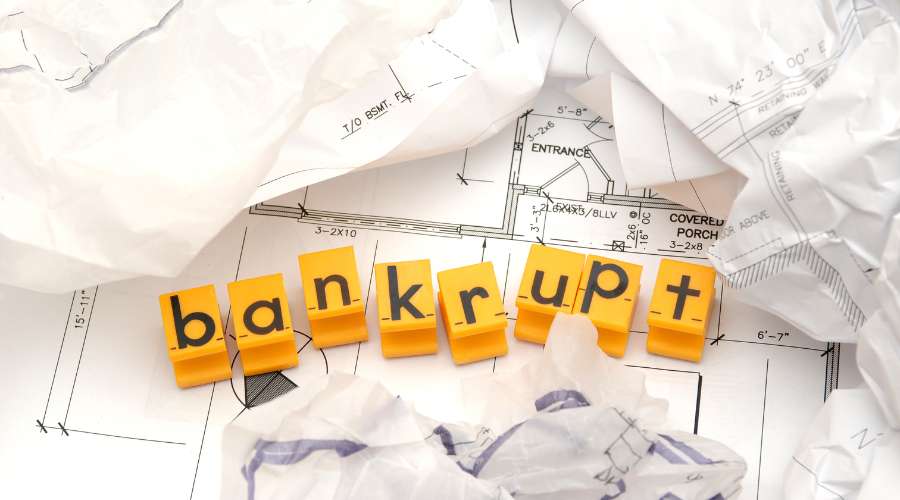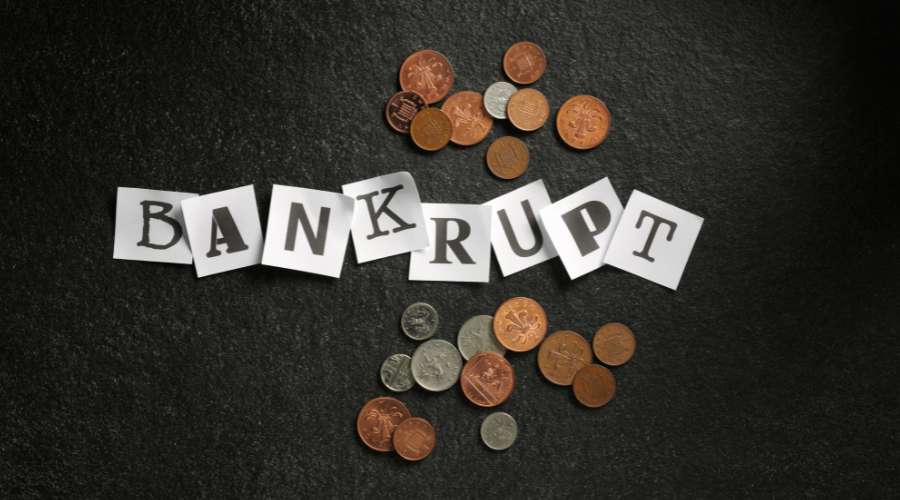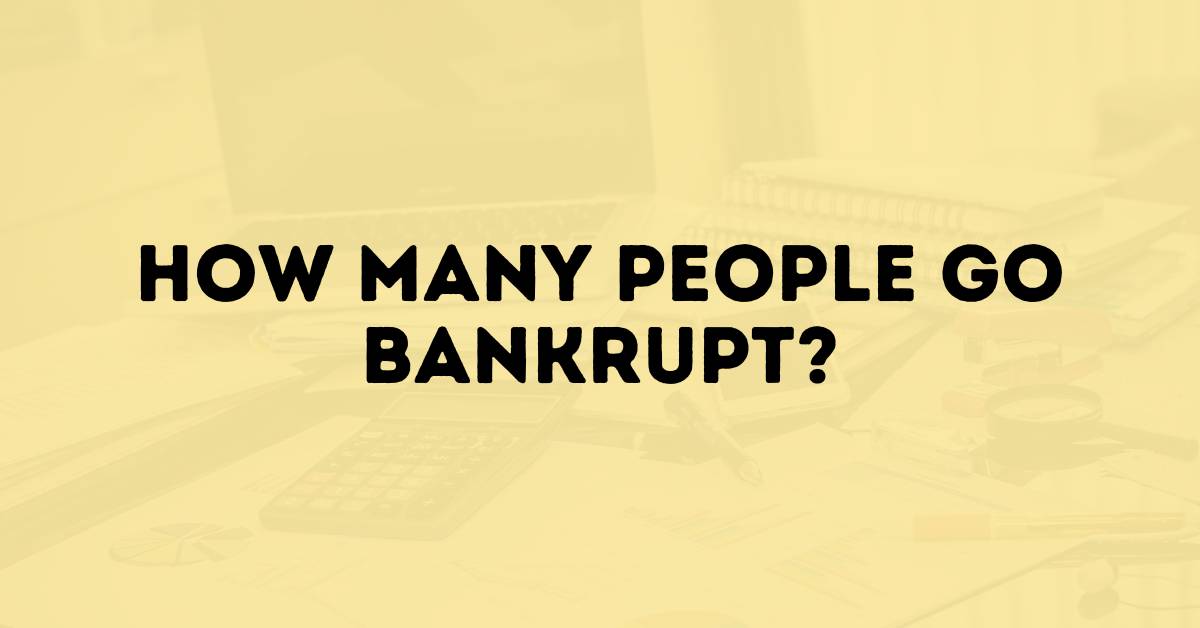How Many People Go Bankrupt?
Filing for bankruptcy is a legal option for those who need to start over financially and get a fresh slate free of debt. It’s a tough choice that people drowning in debt must make when all else fails. Due to rising costs of living and salaries staying flat, many individuals file for bankruptcy yearly. In this article, we’ll look at the annual bankruptcy filing totals, common reasons for filing, and potential consequences for people, businesses, and the economy.
The Rate of Personal Bankruptcies
A study by the American Bankruptcy Institute found that over 790,000 people declared bankruptcy last year. The number of filings reached its highest point since 2010 and was up 6% over 2017. The vast majority of these bankruptcies were filed under Chapter 7 or 13 by individuals, while Chapter 11 is used by companies. Many people are filing for bankruptcy due to financial hardships, including high medical bills, overwhelming student loan debt, the loss of a job, or even the growing cost of living.
Additionally, many individuals lost their jobs and found it challenging to obtain new ones due to the Great Recession of 2008. Because of this, many people and companies have sought protection under Bankruptcy Law to deal with their mounting debt.

What Leads to Insolvency
Medical bills, losing a job, getting divorced, the economy tanking, and having too much debt are all typical contributors to filing for bankruptcy. About 62% of all bankruptcies in the United States may be directly attributed to medical expenditures incurred by the debtor. Other critical drivers of insolvency include the loss of a job, a divorce, or a severe economic slump. Many people and families carry too much debt for their income, especially credit card debt, which is another crucial reason.
Furthermore, some people may need help keeping track of their finances and making timely payments, which can lead to bankruptcy. Bankruptcy can have dire repercussions, including the inability to pay bills and the subsequent risk of losing one’s home to foreclosure or having one’s possessions repossessed. If you file for bankruptcy, you may find it easier to get loans or other types of credit in the future. Thus, before making a choice, individuals should weigh their options and thoroughly understand bankruptcy and its consequences.
Consequences of Insolvency
Individuals and their families may suffer long-term repercussions from declaring bankruptcy. Individuals who have filed for bankruptcy may find it easier to get future loans and credit. Individuals may need help to secure work after filing for bankruptcy. Having friends and relatives who don’t understand the financial struggles that lead to bankruptcy can also strain an individual’s relationships. Last but not least, filing for bankruptcy might result in the loss of valuable assets and possessions like a home or automobile. Declining bankruptcy is a significant life decision that can have lasting consequences for you and your loved ones. Before making a final choice, people should weigh all their options and fully comprehend what bankruptcy means.

Bankruptcy’s Repercussions
The effects of bankruptcy on people, companies, and the whole economy may be devastating. Personal bankruptcy is a complex procedure that can be stressful and unpredictable for the debtor. The damage to their credit rating might be long-lasting, making it more challenging for them to get loans and other types of finance in the future. Personal bankruptcy can have devastating effects on a company’s ability to function. It may damage their standing in the eyes of consumers, suppliers, and workers and even lead to the closure of their business. Additionally, it might cause the company to shut down, resulting in the loss of many jobs. In conclusion, bankruptcy can have severe consequences for the economy. Falling consumer confidence and expenditure are two potential outcomes of a rising insolvency rate. There may be a rise in the jobless rate since companies may need help to afford additional staff.
Conclusion
Filing for bankruptcy is a serious matter that can have far-reaching consequences for people, businesses, and the economy. Due to rising costs of living and salaries staying flat, many individuals file for bankruptcy yearly. Unexpectedly high medical costs typically bring on insolvency, large amounts of student loan debt, the loss of a steady income, or rising living expenses. It takes a lot of work to declare bankruptcy because of the long-lasting effects it may have on people’s lives, businesses, and the economy. so it is important to consider all options and understand the implications before filing.
